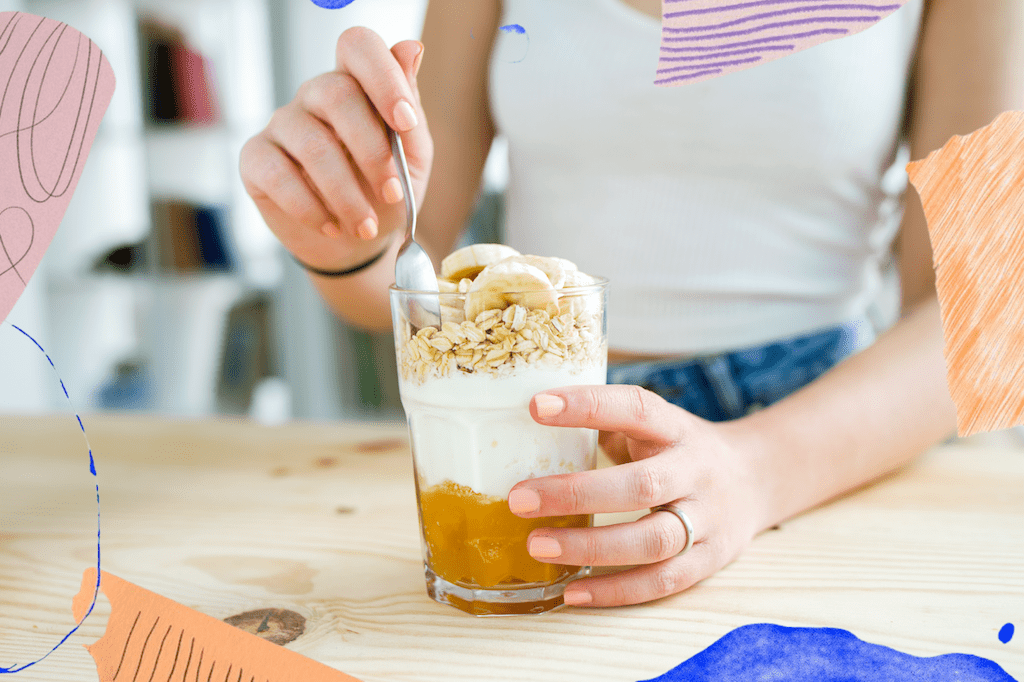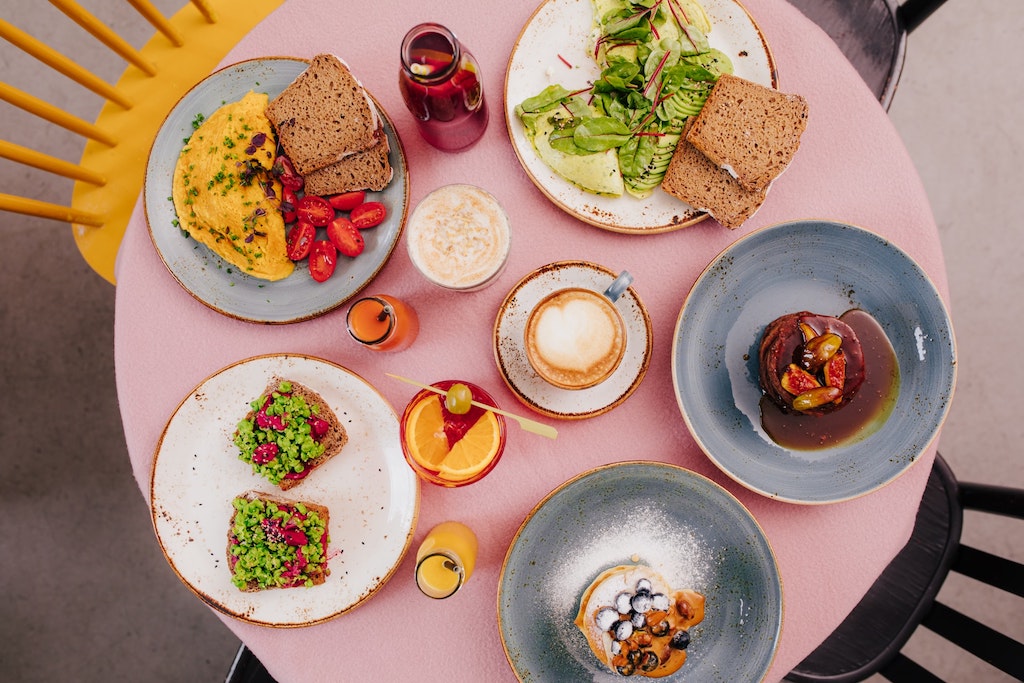Breakfast; you’ve probably heard it’s the most important meal of the day, right? But how do you turn yours into one of champions, kings and conquerors of all things ante merīdiem?
Let’s do the obligatory ‘recent studies suggest’ bit first. According to health and nutrition experts, there is actually some scientific basis to that ‘most important meal’ claim. When done right, breakfast has the power to boost brain power, help you control your weight, replenish your stores of energy, and generally inform healthier food choices throughout the day.
But that caveat ‘when done right’ is doing a lot of the legwork here, and you’ll only gain the maximum health benefits from your breakfast if you approach it properly. With that in mind, here’s how to optimise your morning meal routine into the breakfast of champions.
WHEN?
Generally speaking, the sooner you eat breakfast after waking up, the better it is for your digestion and metabolism. In fact, nutritionists believe that when you have breakfast is almost as important as what you have for breakfast. Though it might be hard to eat as soon as you open your eyes, you should endeavour to have breakfast within two hours of waking up.
We know you’re looking for a more definitive answer than that, though. Well, according to Good to Know, researchers suggest that the absolute time for breakfast is 7:11 am. Incidentally, lunch should follow at 12:38 pm and dinner a relatively early 6:14 pm.
WHAT?
A healthy breakfast is one that’s nutritious, balanced, not too filling and not too light, either. The Healthline break down the 12 healthiest breakfast foods, and there are few surprises amongst the pack. They are:
- Eggs – steadying blood sugar and insulin levels, leaving you full until lunchtime, and just incredibly versatile, too.
- Greek yoghurt – offers a dose of concentrated protein and is good for gut health.
- Oatmeal – high in fibre and rich in antioxidants.
- Chia seeds – another amazing source of fibre.
- Flax seeds – ditto.
- Berries – full of important antioxidants and are downright delicious.
- Other types of fruit – a giver of vitamins, potassium and fibre.
- Nuts – super filling and high in ‘good’ monosaturated fats, which are great for your heart.
- Green tea – high in antioxidants and boasting that energy-giving caffeine.
- Coffee (whoop whoop!) – improves alertness, as if we had to tell you twice.
- Cottage cheese – as filling and as satisfying as eggs, research suggests.
- Protein shakes – satisfying, filling and calorie-controllable. According to the Eat Protein website, whey protein is best here, and can be combined with fruits, nuts and seeds for an even more nutritious, rounded breakfast,
Staying hydrated is also an essential part of your morning routine, with many experts suggesting you should drink a glass or two as soon as you wake up, to counteract the dehydrative effects of your night’s sleep.

WHAT TO LIMIT?
Try to avoid typical breakfast foodstuffs that are high in calories, refined sugars and saturated fats, all of which can leave you feeling sluggish for the rest of the day and, worse, negatively affect your long term health when eaten too regularly.
Particularly high in sugar and those ‘bad’ fats are most breakfast cereals, mueslis and shop-bought granolas, breakfast pastries, pancakes with maple syrup, white toasting bread and jam, and sadly, Britain’s beloved fry up.
Sure, the occasional treat is fine, and even necessary after a particularly heavy night, but try to keep these types of breakfast sporadic or just for the weekend as treat – they are delicious, after all, and the last thing you want to do is remove all joy from your mealtimes. Moreover, saving these types of breakfasts for the weekend may help keep you on the straight and narrow during the week.
In terms of convenicence, if you’re seeking the ease of breakfast cereals but without the high sugar content, then instead switch to healthier cereal options, such as wholegrain bran, wholewheat cereal biscuits, porridge oats and shredded wholegrain pillows (you know the ones).

HOW MUCH?
Though every person’s recommended calorie intake is unique and dependent on a variety of factors, the general consensus is that your breakfast should take up roughly 200 to 400 calories, with lunch and dinner 500 to 700 each. The remainder of your recommended daily calories should be made up of light, healthy snacks and drinks.
WHERE?
To enjoy the full benefits of a perfectly optimised breakfast, it’s essential that you sit down to enjoy it, away from the distractions of your phone, deadlines, emails, and the rest.
Doing this will help you avoid rushing your food, which in turn prevents unwanted effects like indigestion and heartburn. Additionally, those few minutes could help you put your day in perspective and spend some quality time with your family, no matter how brief, before you face the day.
If you find yourself not having time for breakfast, then it may be time to start prioritising it just like you would brushing your teeth and getting dressed in the morning. Consider getting up a little earlier, which may also mean going to bed earlier, too.
Or, consider prepping something the night before, like overnight oats. These little pots of joy are the ideal grab-and-go breakfast to start your day the healthy way. Oats are a natural superfood, 100% wholegrain and an excellent source of fibre, protein, vitamins and antioxidants. Result!
INTUITIVE EATING
Intuitive eating is all about being in tune with your own body’s unique needs, rather than relying on external food rules to determine what you eat, when you eat, and how much you eat. When it comes to eating any meal, listening to what your body wants and needs is crucial.
Now we’ve got your breakfast optimised, do check out these 7 morning rituals to start your day off right. You can thank us next week when you’ve completed your to-do list by lunchtime!





